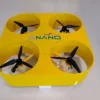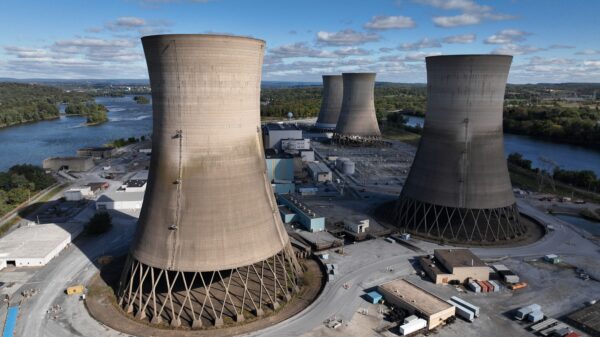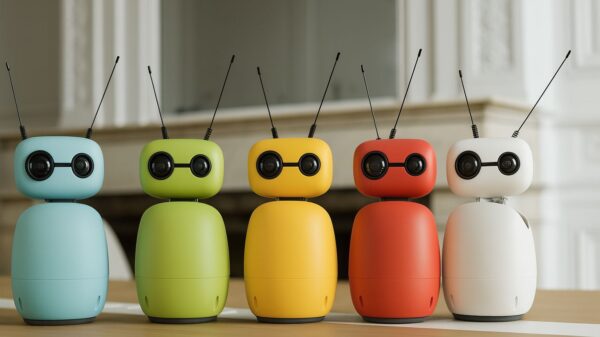Artificial intelligence pioneer OpenAI is going through some growing pains as co-founders and other key personnel are choosing other opportunities rather than follow founder Sam Altman’s pursuit of artificial general intelligence.
Co-founder, John Schulman announced he was leaving the company in a post on X on Monday and joining Anthropic, one of the company’s main competitors. This came a few hours after another co-founder, the company president Greg Brockman said he was going on sabbatical.
“This choice stems from my desire to deepen my focus on AI alignment, and to start a new chapter of my career where I can return to hands-on technical work,” Schulman said.
“I’ve decided to pursue this goal at Anthropic, where I believe I can gain new perspectives and do research alongside people deeply engaged with the topics I’m most interested in.”
Members of OpenAI have lost faith in Sam Altman due to a perceived misalignment between his strategic priorities and the organization’s core mission of ensuring AI safety. Additionally, critics within the company argue that Altman has increasingly focused on commercial pursuits and rapid advancements, potentially compromising rigorous safety protocols and ethical considerations.
Consequently, Jan Leike and Ilya Sutskever, the leaders of the superalignment team, both left this year. Leike joined Anthropic, and Sutskever, an OpenAI co-founder, launched a new company called Safe Superintelligence Inc.
“Building smarter-than-human machines is an inherently dangerous endeavor,” Leike wrote as part of a departure thread on X in May.
“OpenAI is shouldering an enormous responsibility on behalf of all of humanity.”
Read more: VERSES crafts trail blazing research report on next-gen AI
Read more: VERSES AI levels up with global standards for intelligent system interoperability
OpenAI isn’t alone in chasing AGI
Smarter-than-human machines is a reference to artificial general intelligence (AGI), which has been Altman’s goal since before he started OpenAI. It’s largely considered to be the holy grail of AI designers—a machine that’s capable of thinking and reasoning at the level of human beings.
OpenAI isn’t alone in the pursuit for AGI.
DeepMind, a subsidiary of Alphabet Inc (NASDAQ: GOOG), has long been at the forefront of AI research, achieving breakthroughs like AlphaGo and AlphaFold, with a relentless pursuit of creating machines capable of human-like intelligence.
Furthermore, Anthropic, which counts Amazon (NASDAQ: AMZN) among its key investors, emphasizes the ethical implications and safety of AGI, striving to develop robust AI systems while ensuring they align with human values.
Meanwhile, Verses AI (CBOE: VERS) (OTCMKTS: VRSSF) aims to create AGI systems that can seamlessly integrate with human thought processes, emphasizing a symbiotic relationship between humans and machines to achieve superintelligent capabilities.
OpenAI executives have said that AGI is within five to 15 years of becoming a reality.
.
Verses is a supporter of Mugglehead news coverage
.
Follow Joseph Morton on Twitter
joseph@mugglehead.com













